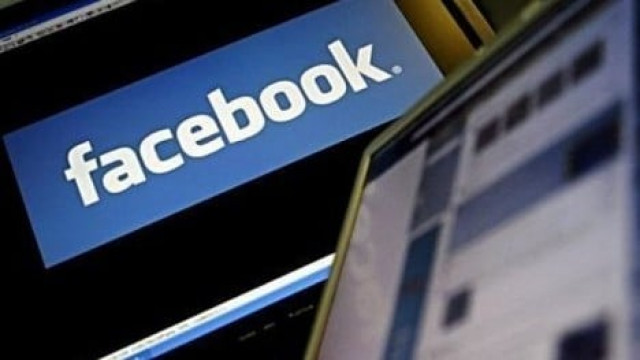Facebook improving hate speech detection ahead of Myanmar election
Facebook has faced criticism worldwide from activists, regulators, and governments for spread of misinformation

Facebook said on Tuesday that it was preparing for Myanmar’s general election in November by improving the detection and removal of hate speech and content that incites violence and preventing the spread of misinformation.
The company said in a blog that between now and November 22, it would remove “verifiable misinformation and unverifiable rumors” that are assessed as having the potential to suppress the vote or damage the “integrity” of the electoral process.
“For example, we would remove posts falsely claiming a candidate is a Bengali, not a Myanmar citizen, and thus ineligible,” Facebook said.
The platform came under fire in Myanmar after a military-led crackdown in 2017 that forced more than 730,000 Rohingya Muslims to flee the country. UN investigators said Facebook played a key role in spreading hate speech that fuelled the violence.
Online dating catches on in Pakistan
The company has long said it works to stop hate speech.
Facebook said it was working with two partners in Myanmar to verify the official Facebook pages of political parties. It now has three fact-checking partners in Myanmar: BOOM, AFP Fact Check, and Fact Crescendo.
The company took action against 280,000 pieces of content in Myanmar for violating its standards prohibiting hate speech in the second quarter of this year, up from 51,000 such pieces that it took action against in the first quarter.
It also said it introduced a new feature that limits the number of times a message can be forwarded to five.
Careem driver verbally abuses, harasses woman in Islamabad
The feature is now available in Myanmar and, over the course of the next few weeks, would be made available to Messenger users worldwide, the company added in the blog.
The 2020 elections in Myanmar, scheduled for November 8, will be its second democratic election since the end of almost half a century of strict military rule.
The first, in 2016, brought long-time pro-democracy campaigner Aung San Suu Kyi’s National League for Democracy (NLD) to power.
Facebook and other social media platforms have faced criticism worldwide in recent years from activists, regulators, and governments for the spread of misinformation, including during elections.











1724319076-0/Untitled-design-(5)1724319076-0-208x130.webp)






COMMENTS
Comments are moderated and generally will be posted if they are on-topic and not abusive.
For more information, please see our Comments FAQ